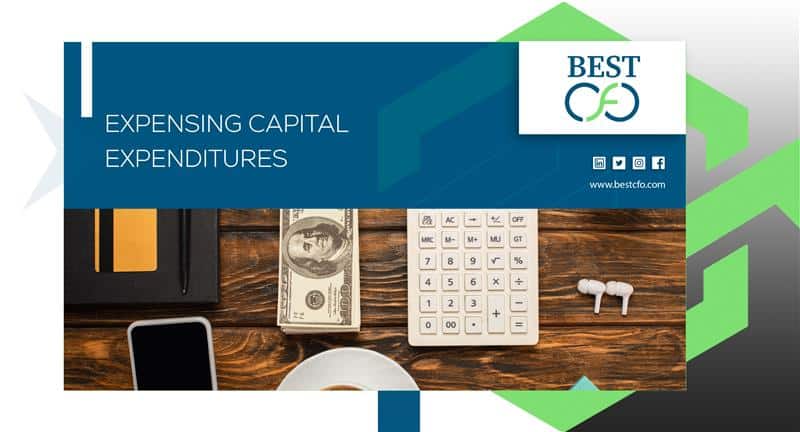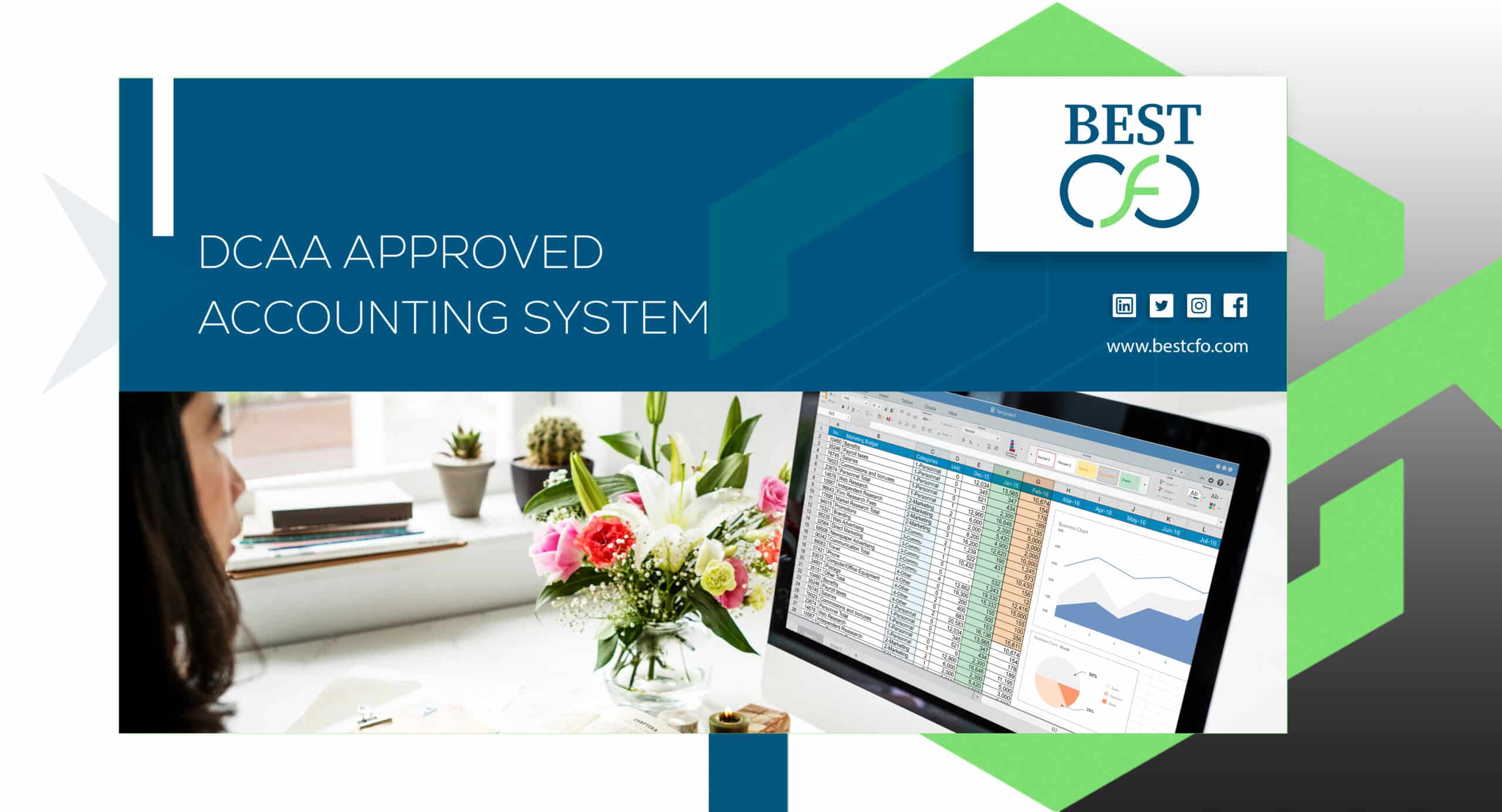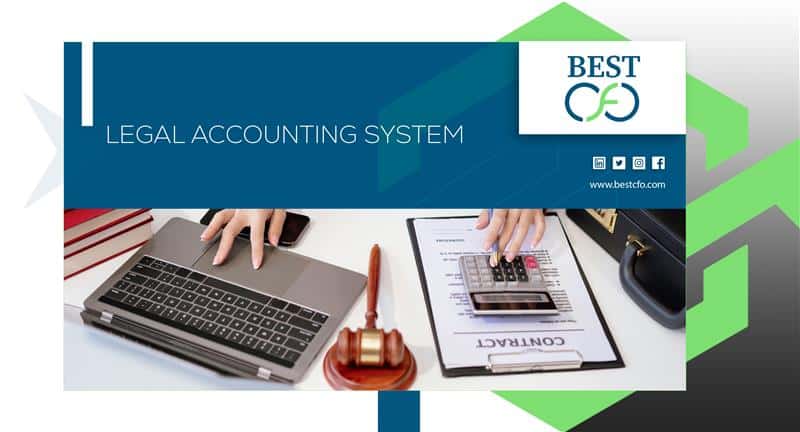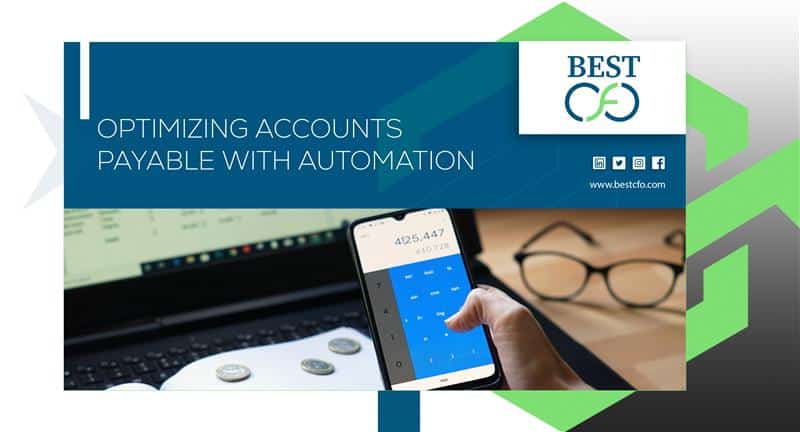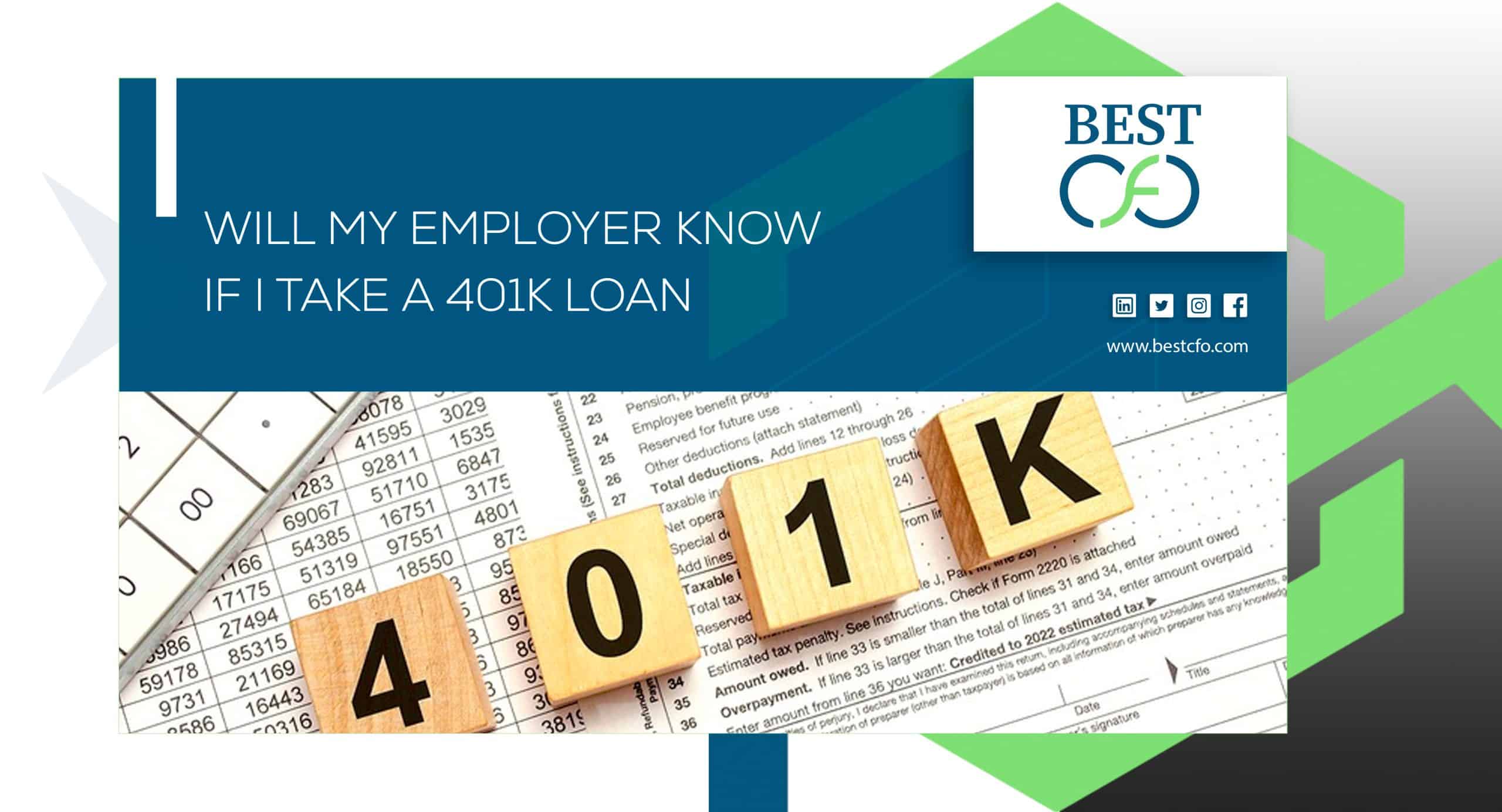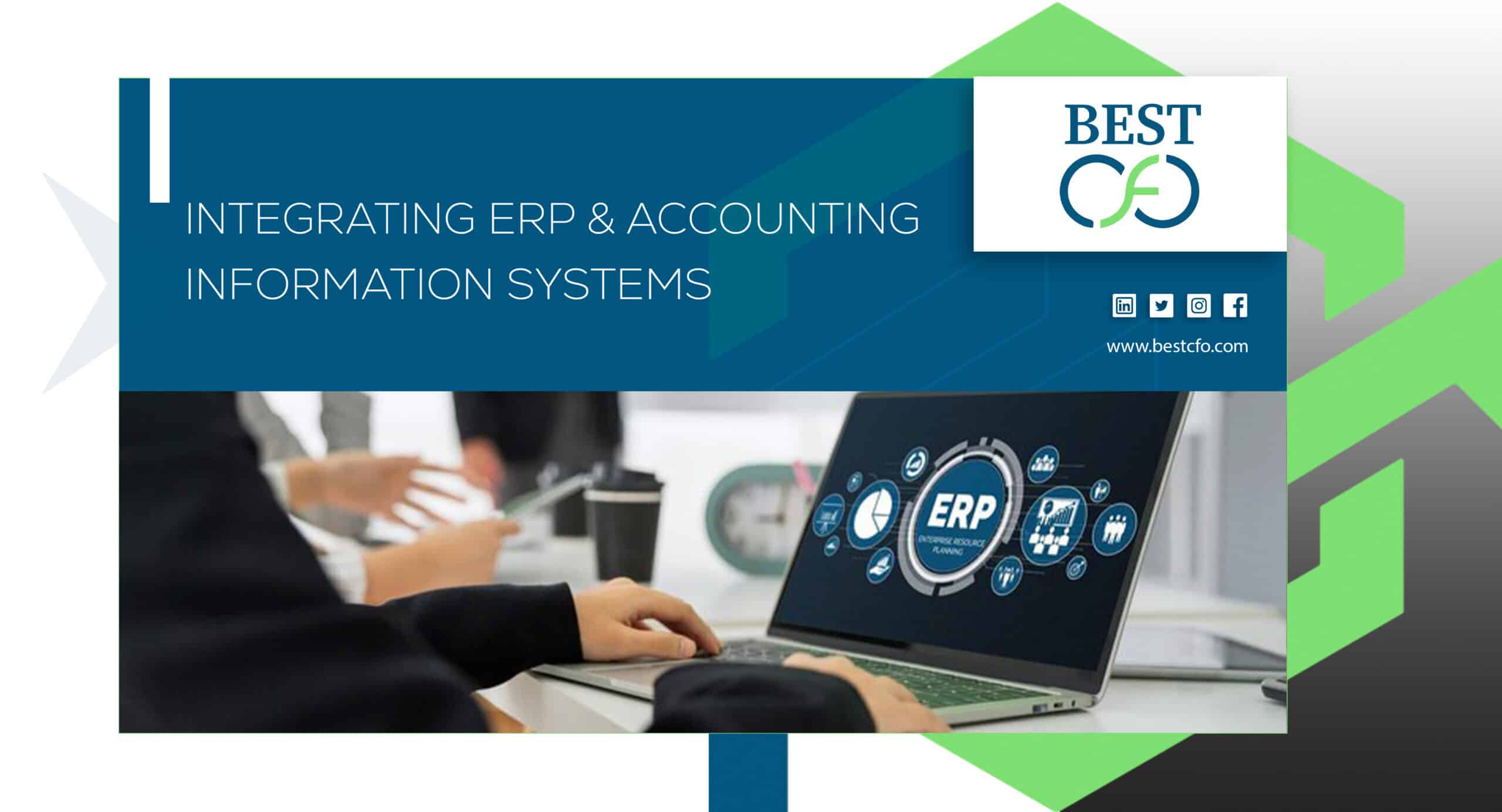
ERP accounting systems and how your business can benefit from them
Finance firms are always looking to streamline their operations and improve the workflow. Accounting is key to management. It is vital for financial transactions, reporting, and well-being. To streamline accounting, many large firms use ERP systems. Let's understand the concept of ERP and ERP accounting systems.
Importance of ERP Accounting Systems
ERP, or Enterprise Resource Planning, is a complete solution. It implements and manages business functions like finance, taxation, and HR. ERP accounting systems are a product of ERP software. They focus mainly on accounting and financial management. The advantage of these systems is that they offer a one-stop solution to handle all the financial queries of a business in one place. This includes elements like simultaneous data tracking, integration with other software, and automation.
Significance of Getting all the data in one place
It's true that by using ERP accounting systems, you can get your data centralized. This is important. Traditional accounting can cause data duplication and inconsistent practices. This is a problem as different departments have separate spreadsheets and records. By using an ERP accounting system, all your financial reports and important information are gathered in one place. This means a single database that can be accessed by specific users throughout a firm. So there is no need for manual data entering, so now your data is accurate and secure as well.
ERP accounting has two key benefits. It improves financial reports and customer relationships. Let's discuss these in detail:
Better Financial Reporting
Precise and time-friendly financial reports help firms make better decisions. An ERP accounting system helps. It allows companies to report and gain insights on their financial standings, profits, and cash flow. An ERP system can generate reports tailored to the companies' needs. This lets finance teams analyze trends, find areas for improvement, and make data-driven decisions.
Better Customer Relationship
An accounting system is designed to handle financial tasks only. However, ERP accounting systems are one step ahead. They provide CRM (Customer Relationship Management) functions. This is done by preserving customer data, like payment records and purchase history. So, by understanding customer intent and behavior, a firm can improve its service and support. This is achieved when a customer calls the business. Employees can access the customer's financial history and important info, like payment and billing, all in one place. This provides seamless customer support and increases customer satisfaction levels.
Perks of ERP Accounting Systems
Installing an ERP system in your accounting department has a lot of advantages for businesses in multiple industries. Let's discover some of these benefits in detail:
Smoother Business Operations
ERP accounting systems can improve business operations. They eliminate manual work, which is also prone to human error. The ERP accounting systems help to automate repetitive tasks and reduce errors simultaneously. This means that a lot of time can be saved and better used elsewhere, like financial risk management, analysis, and planning. Automated practices can ensure a business is consistent and efficient in its finances.
Improved Data Security and Reliability
The importance of accurate data is so much in financial reporting that even a single digit counts. Data reliability is critical. ERP accounting systems ensure accuracy by eliminating data re-entry. This reduces the risk of errors. It also means precise financial analysis, data forecasting, and regulatory compliance.
Simultaneous Data Tracking and Reporting
ERP accounting software tracks key financial metrics in real-time. It provides up-to-date data for important decisions. Firms can check their financial health and make better decisions. They can do this with easy access to financial reports, KPIs, and UIs. Simultaneous data tracking enables dynamic financial management. It highlights issues before they become problems.
Better Cost Management
Cost management and better productivity are vital aspects for any firm. ERP accounting software assists in streamlining cost management by automating things like expense tracking, purchase orders, and invoice management. Using consistent workflows and approval processing techniques, a finance company can minimize its spending patterns, look for cost-saving techniques, and have better resource management.
Conformity and Safety Measures
This means being compliant with financial regulations. Additionally, having robust data protection has become ever so important for finance firms. ERP accounting systems bring forward the best security practices to safeguard important financial assets of a firm. This means stopping unauthorized personnel from accessing data and ensuring data encryption. The ERP accounting system also incorporates compliance options like audit trails and regulatory reporting. These can really help businesses to conform to legal obligations and industry standards.
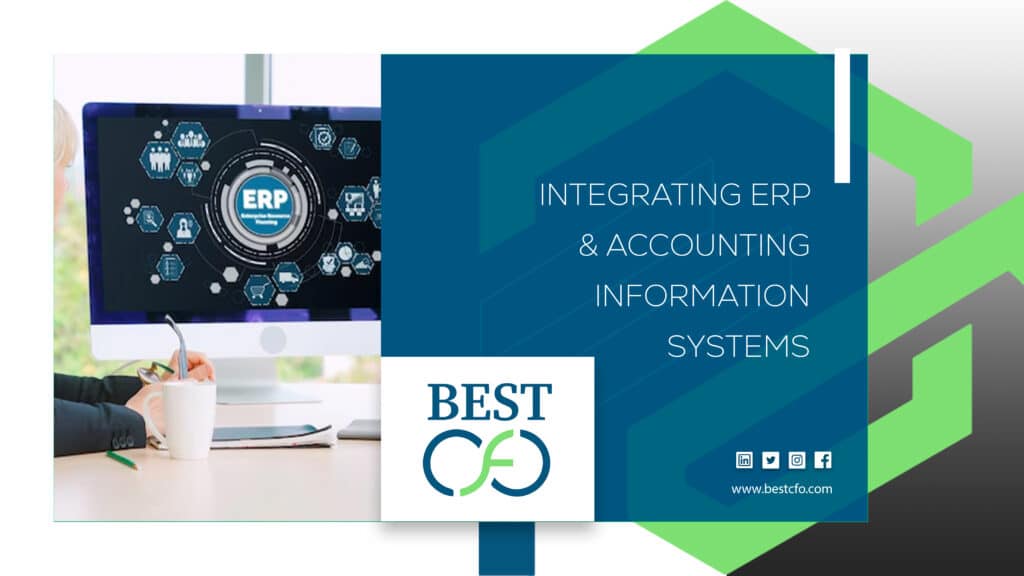
Selecting the Correct ERP Accounting System
When choosing an ERP accounting system, businesses should make sure that certain prerequisites are met to make sure they have something that fulfills their needs. Here are some key prerequisites to keep in mind:
Expandability and Ease of Access
Every business reaches a certain point where they have to expand their operations to meet the ever-growing client demands. In this case, the accounting needs might grow, and there is a need for expandability. It's important for businesses to incorporate ERP accounting software that can help a firm meet its ever-growing expansion needs. This also brings forth the ease of access, which is crucial in times when a company is experiencing rapid expansion. Ease of access allows a firm to customize its accounting systems with respect to the ever-growing demands.
Integration
This means how well can an ERP accounting system team up with existing accounting software. This depends upon the ability of an ERP accounting system to integrate seamlessly with the accounting system. This included things like CRM, payroll systems, and inventory management. Integration is important for effortless data management.
Interface and Employee Training
An easy-to-understand interface can allow employees to quickly perform their job responsibilities and ensure sound productivity. By doing this, you are making things easier for your finance team and helping get them familiar with an ERP accounting system. Furthermore, a detailed guide and training module can help get things quickly under progression with your new ERP system in accounting.
Choosing the right vendor
It's important to choose the right vendor that has a good track record of satisfied customers.
Another important aspect that can help you find the right vendor for your ERP implementation is how much time they have been in the market. Choosing the right vendor can shape the way your company functions, so make sure to take a look at after-sales services, too. It's the job of a vendor to provide timely updates, support, and improvements to the software to make sure that the ERP accounting system works properly and efficiently.
ERP Accounting Systems VS Accounting Software
When businesses and firms grow, operations increase at a massive rate, and dealing with more clients becomes difficult. This requires precise management in a time-efficient manner. To tackle this problem, small and medium-sized firms tend to opt for accounting software that can provide better functionality and reduce the risk of error too. Here, there are two options: ERP accounting systems and basic accounting software. Things are already getting a lot confusing, so let's discuss the differences between these two:
Difference between ERP Accounting Systems and Accounting Software
The main difference is in their functionality and capabilities. Accounting software tends to emphasize financial management, while ERP systems offer a wider range of functions that are not just limited to accounting:
Functionality
Accounting software is designed to handle financial tasks, including transactions, reporting, accounts payable and receivable, payrolls, general ledger, revenue, and sales recording. ERP systems provide all the accounting functionality and also capture other domains like HR, supply chain management, inventory management, purchasing, CRM, etc. Therefore, ERP systems provide functions for a broader audience and are better for managing all business operations, whereas accounting software will only perform functions related to accounting and finance.
Reporting and Insights
Accounting software provides only financial metrics and reports based on the data that is within its extent. This includes reports on income statements and balance sheets to assist a business in tracking its financial performance. ERP systems, on the other hand, can provide insights into not only economic data but all elements of a company. This includes operational data and can help a company gain an overview of its current standings.
Expansion
In terms of expansion, accounting software is better suited for small-scale businesses that have limited requirements. ERP systems are made to tackle problems on a larger scale, so a growing business or an already larger firm is better suited for the functionality they provide.
Data Management and Integration
Accounting software is better if you want to keep your financial data separate from other types of data. On the other hand, if your firm requires the incorporation of economic data and operational data, then this can lead to inefficiency in terms of processes because the employees have to transfer data from one software to another manually. ERP systems will provide a central place where all the data can be managed without any data interruptions.
Finding the right choice for your business
Here are some aspects that can help you make a better choice when choosing between an accounting software or an ERP software:
Size of your Business
A smaller business has basic management operations, and for this accounting software is an ideal choice. It can do all the essential finance management like tracking incomes and expenses plus generating financial reports as well. Complex operations like supply chain management, HR functionality, and CRM are all managed on an ERP system. These things are of more importance in larger firms.
Operational Prerequisites
Here, you need to take a look at your firm's requirements. If the operational requirements extend beyond just basic accounting and finance, then you definitely need to consider an ERP system. This includes customer relationship management as well.
Long Term Strategy
Suppose you have long term goals and plenty of resources to invest. Try opting for an ERP system. Because investing in one now is a more cost-effective way to meet your ever-growing demands later on.
Related Posts
Expensing Capital Expenditures
Expensing Capital Expenditures: Understanding Deduction and Expensing Capital expenditures illustrate the investments that are made…
DCAA-approved accounting system: Everything you need to know
DCAA-approved accounting system: Everything you need to know When your business firm is shortlisted for…
Legal Accounting System and its features: All you need to know
Legal Accounting System and its features: All you need to know Are you looking to…
Optimizing Accounts Payable with Automation
Due to technological advancements in the field of finance, an ever-increasing number of transactions are…
 Demos
Demos  Colors
Colors  Docs
Docs  Support
Support 



